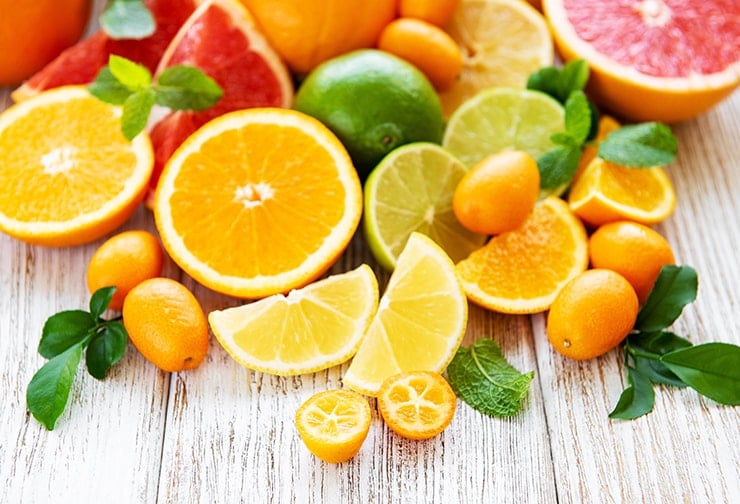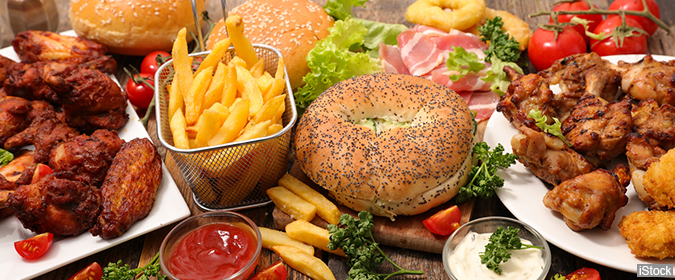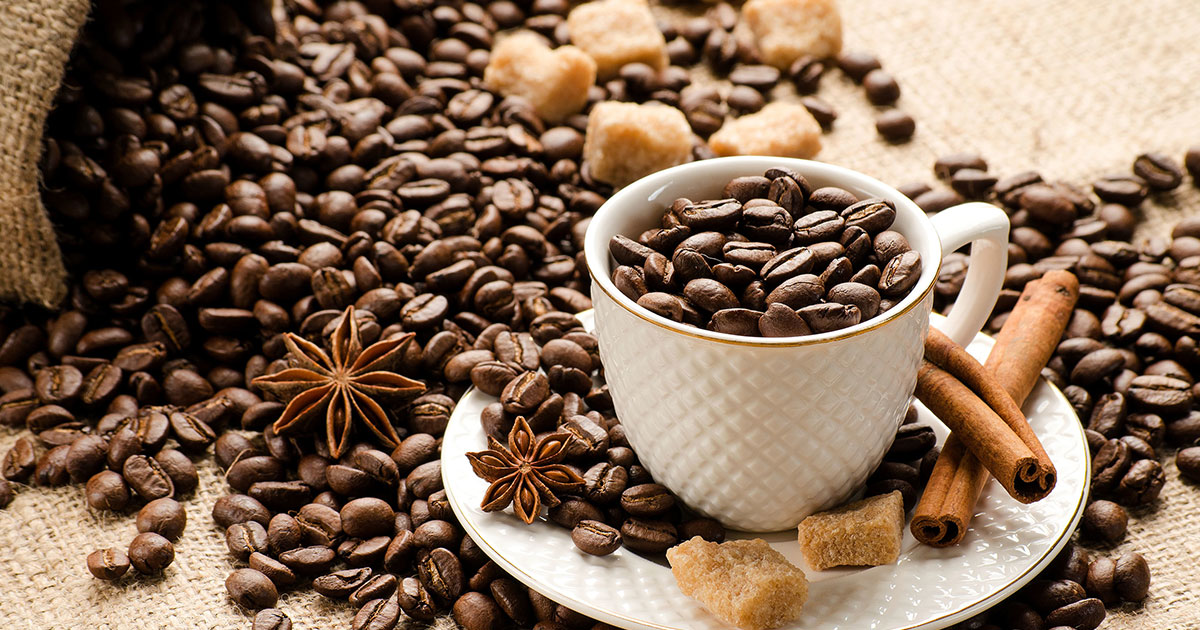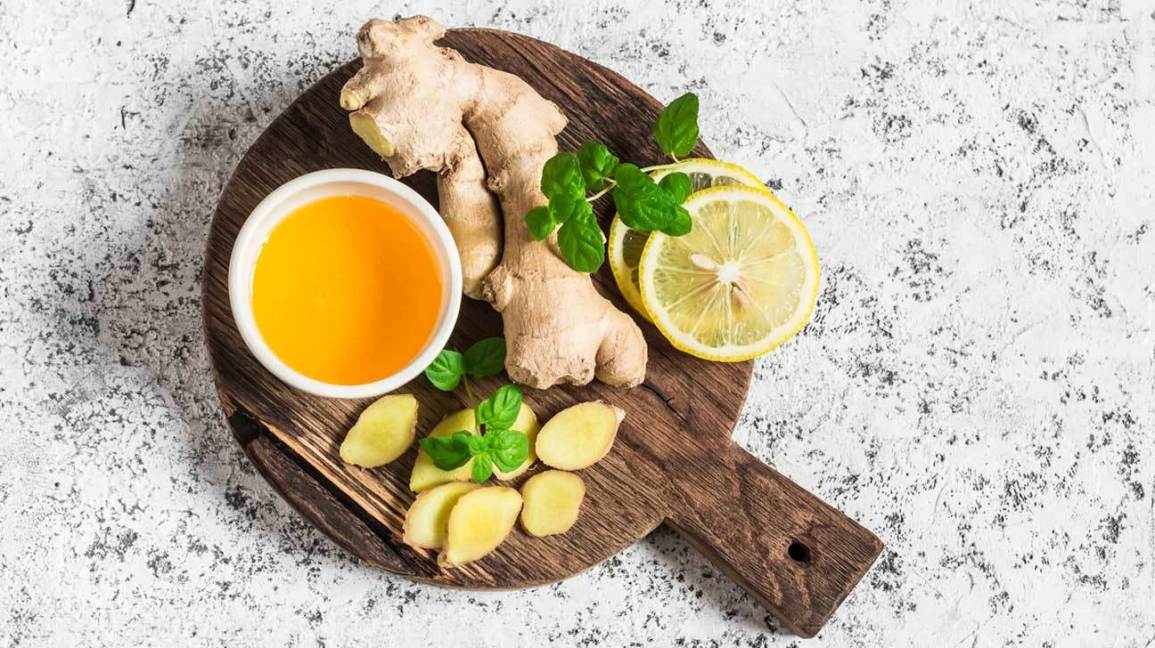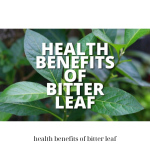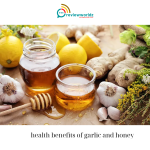Some people treat their bodies like a Ferrari; others, like a clunker. A Ferrari body is given a healthy diet with the right mix of carbohydrates, fats, proteins, water, salts, vitamins, and soluble and insoluble fiber — all requirements for avoiding indigestion. The human body can do amazing things, but this sometimes might not feel so great — especially when it comes to your digestive system. Between bloating, constipation, diarrhea/vomiting, and reflux, choosing foods to eat consistently that don’t upset you can be difficult. Here are some Foods to Avoid When Digestive Troubles Arise- Tips for Daily Life.
Contents
Tips for Daily Life: Foods to Avoid When Digestive Troubles Arise
Acidic Foods
Tomato sauce and citrus fruits, such as lemons, limes, oranges, and grapefruit, are acidic and can irritate the stomach lining, causing digestive problems. Many people don’t realize that carbonated beverages are also acidic. More bland options, like apples and bananas, or vegetables rich in fiber like asparagus, onions and artichokes, are a safer option.
Fatty Foods
Fatty foods stimulate contractions in the digestive tract, which can either slow down the emptying of the stomach and worsen constipation, or speed up movement, leading to or worsening diarrhea. The effect can depend on the type of fat and your tendency toward constipation or diarrhea. When you’re experiencing a bout of indigestion, put low-fat foods on the menu and eat small meals spaced throughout the day, which can put less pressure on your stomach. Avoid high-fat culprits, like butter, ice cream, red meat, and cheese, at least for a while.
Caffeine
Caffeine stimulates gastrointestinal tract motility, making contents move more quickly through your system, and excessive amounts can give anyone diarrhea, Krevsky says. So if you already have diarrhea, caffeine will only worsen your digestive problem. He also warns against simply switching to decaf coffee because it still has some caffeine. Remember that tea, soda, and chocolate are other sources of caffeine, and should be put on hold until tummy troubles go away.
Spicy and hot foods
Foods with a bit of a kick can trigger problems like heartburn. For relief, try incorporating more ginger into your diet. Though not scientifically proven to help, it’s a traditional remedy that may help your stomach empty properly. If you must have some spice to your foods, try seasoning with a bit of cinnamon or caraway for a gentler effect.
If you’re experiencing nausea, vomiting, and diarrhea, you’ll want to avoid food choices that stimulate the digestive system, and these include spicy foods, says Jung Kim, a registered dietitian and specialist with Clinical Nutritional Support Services at the Hospital of the University of Pennsylvania in Philadelphia. Spicy foods are “incredibly variable,” says Dr. Krevsky — they have no effect on some people, but cause indigestion for others. In general, you should choose bland foods when you’re having digestive problems, and be sure to avoid spices if you’re sensitive to them.
Avoid Chewing Gum
It is a common habit to chew a mint-flavored gum post meals, especially when eating foods that are spicy and prepared using onions, garlic and many other herbs with a strong smell. While this does indeed freshen the breath, it also implies that the person swallows massive amounts of air which accrue in the gut, causing gastric problems.
Foods Can Cure Gastric Problem- Tips for Daily Life
- Herbal Teas: Herbal teas are prepared with extracts from powerful plants that possess numerous medicinal properties. Being packed with potent antioxidants and anti-inflammatory compounds, they facilitate smooth digestion and lower pain due to gastric problems. Some popular herbal teas include anise, ginger, peppermint, chamomile and lemon tea, which work wonders to remedy bloating and gas. Also Read: Lemon Tea: 7 Fantastic Health Benefits Of This Tangy Beverage
- Fennel Seeds: Fennel seeds are a time-tested Ayurvedic remedy for bloating and trapped wind. In India, fennel seeds or saunf as they are locally known in Hindi, are regularly chewed on post meals, to enhance digestion. Comprising generous amounts of valuable plant compounds namely fenchone, anethole and estragole, fennel seeds stimulate gastric secretions, enabling unhindered processing of food particles and alleviating symptoms of indigestion and constipation.
- Peppermint Oil Supplements: Peppermint oil, in the form of capsules, has been considered an effective solution to rectify disorders of the abdominal tract, such as bloating, constipation, flatulence and gastric problem. This is due to the noteworthy levels of menthol in peppermint extracts, which relaxes the intestinal muscles and allows smooth digestion and excretion processes. It is recommended to opt for enteric-coated peppermint oil capsules, as the uncoated supplements tend to dissolve rapidly in the stomach and lead to heartburn.
- Cloves: Clove is a traditional remedy for curing a host of digestive issues including bloating, gastric complaints, flatulence, constipation and even stomach ulcers. Chewing on clove seeds or swallowing a teaspoon of clove powder with elaichi after meals stimulates the secretion of digestive acids, thereby preventing acidity and dispelling excessive gas from the body.

